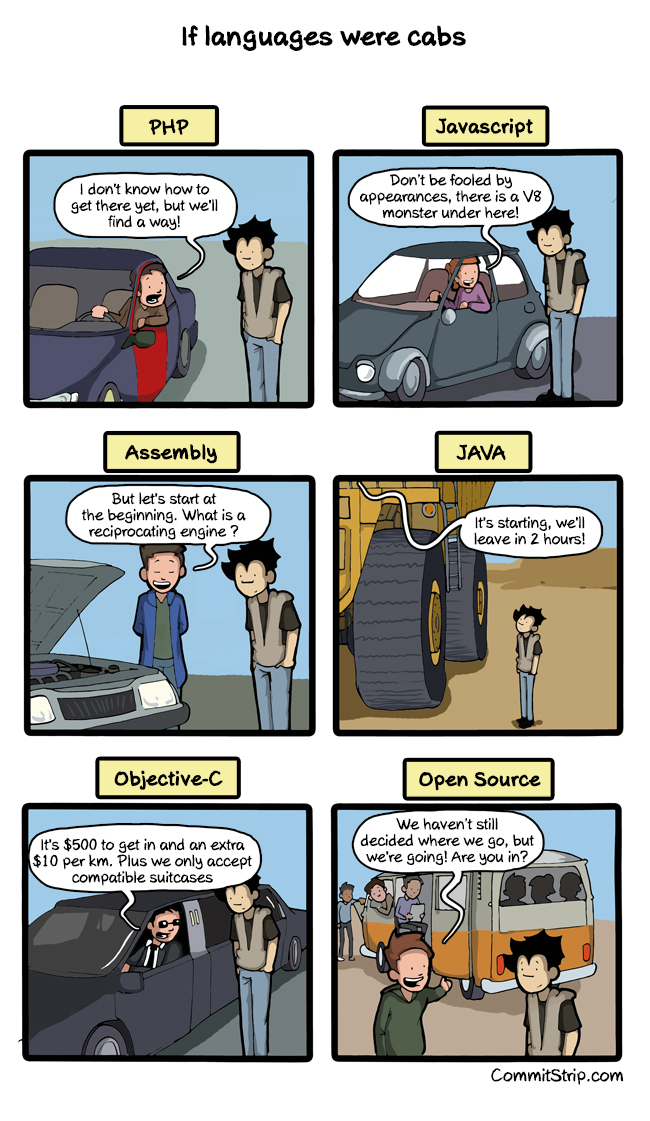![]() One of my project is throwing-lambdas; in it I aim to ease the use of potential @FunctionalInterfaces in Streams, whose only "defect" for being used in streams is that they throw checked exceptions (on my part I'd rather call defective the fact that you can't throw checked exceptions from streams...
One of my project is throwing-lambdas; in it I aim to ease the use of potential @FunctionalInterfaces in Streams, whose only "defect" for being used in streams is that they throw checked exceptions (on my part I'd rather call defective the fact that you can't throw checked exceptions from streams...





